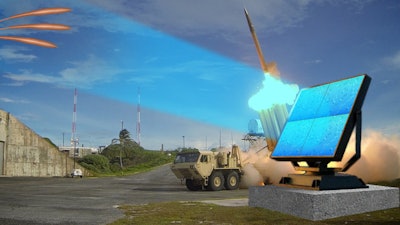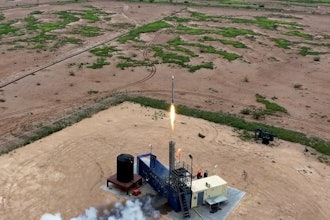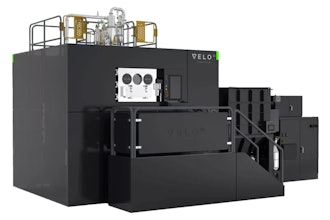
CHANDLER, Ariz. - Assured Space Access Technologies Inc. (Assured Space) has announced the launch of its CapLink Array, a next-generation phased array antenna system designed to transform both missile defense radar operations and space communications.
At the core of CapLink Array is a proprietary capacitive dipole element design in a novel configuration, delivering wide frequency bandwidth, high gain, and exceptional performance across broad fields of view. These capabilities enable defense systems to detect, track, and respond to multiple threats simultaneously with greater speed and accuracy. For space-based applications, the system offers integrated transponders, polarization diversity, and high-speed data transmission up to 3.5 Gbps, with potential for even higher rates using advanced ground equipment.
Sean McDaniel, President and CEO of Assured Space, said, "This technology represents a major step forward for both defense and commercial space operations. By combining advanced engineering with flexible design, CapLink Array delivers unmatched versatility and reliability to missions that demand precision, speed, and resilience."
The CapLink Array is compatible with software-defined radios, enabling seamless integration with existing command and control (C2) systems. It supports a variety of mission profiles including:
- Missile Defense Radar: Real-time threat detection & tracking in contested environments.
- Ground-Based Radar Systems: Wide-area surveillance and precision targeting for ballistic and hypersonic threats.
- Synthetic Aperture Radar (SAR): High-resolution surface mapping and target identification.
- Space Situational Awareness: Tracking orbital systems, debris and threats.
- Satellite Communications: Reliable, high-speed SATCOM links.
The launch of CapLink Array aligns with Assured Space's investment in its Phased Array Center of Excellence in Melbourne, Florida, a state-of-the-art facility dedicated to manufacturing, testing, and advancing phased array technology, RF antenna systems, and secure 5G architectures. The center is positioned to help address a global backlog of over $30 billion in defense and commercial contracts.






















